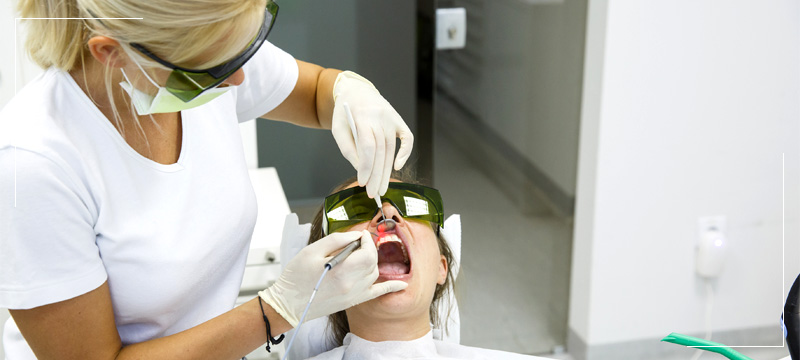Cardiff Open: Mon-Fri 9:00am-5:30pm (Sat 9am-4pm)
Singleton Open: Mon-Fri 9:00am-5:30pm (Sat Closed)
Fletcher Open: Mon-Fri 9:00am-5:30pm (Sat 9am-1pm)
Mayfield Open: Mon-Fri 9:00am-5:30pm (Sat Closed)
CONTACT US NOW
Pocket Sterilization / Laser Gum Sterilization
















